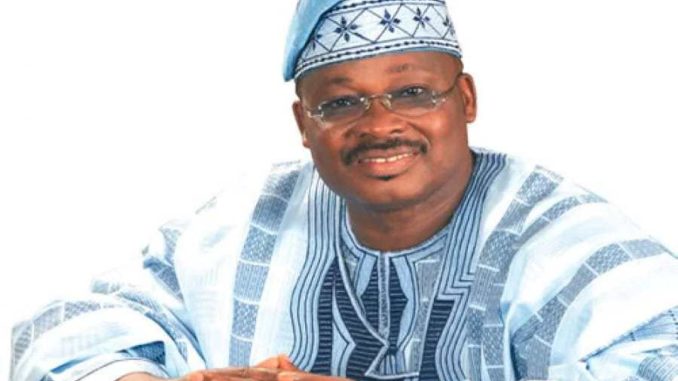
The novel education management model, School Governing Board (SGB), pioneered by the Oyo State government has begun to yield the anticipated results with the commitment of N250 million to the upgrading of facilities at Lagelu Grammar School in Ibadan by members of the board.
This was revealed by the Commissioner for Education, Professor Adeniyi Olofela, during a three-day stakeholders’ meeting on the implementation of 2018 State Engagement Plan (SEP), organised by the state government in collaboration with United Nations Children’s Fund (UNICEF) in Ibadan.
SGB is a participatory school management model that encourages the participation of stakeholders, such as corporate organisations, philanthropists, Parents-Teachers Association, old students associations, principals and head boy/girl.
The state government introduced the model as an all-inclusive strategy to bring on board primary stakeholders into its efforts to set a new standard in the management of secondary schools.
Olowofela said the SGBs had spent N2 billion on upgrading of facilities in secondary schools across the state, out which N800 million was contributed by the stakeholders.
He said, “Recently, the SGB of Lagelu Grammar School also injected about N250m into the renovation of schools. There are so many SGBs working on renovations of their schools and this is evident in the present state of improved infrastructure.
“The participatory school management model, conceived by Governor Abiola Ajimobi about a year ago, is the first of its kind in the country. The boards have been executing one infrastructural project or the other in various schools.
“Out of the N2 billion so far spent by the SGBs, the sum N1.269 billion was realised from the N3,000 per session fee paid by each student, while old students, philanthropists and corporate organisations contributed N800 million.
“Our SGB intervention for schools is a success story and we need to commend various old students associations for being part of this laudable achievement to construct and renovate buildings, laboratories, ICT centres as well as provision of laboratory equipment, chairs, desks and boreholes.”
He also disclosed that the membership of the SGBs has grown to 5,652 across the 628 secondary schools in the state.
Olowofela said that history would be kind to Ajimobi for his transformational initiatives in the education sector and also commended the partners for their patriotic services.
The UNICEF Education Specialist, Mr. Muritala Muhammed, said that the essence of the training was to foster better understanding of the SEP as a tool for education planning for basic and secondary schools.